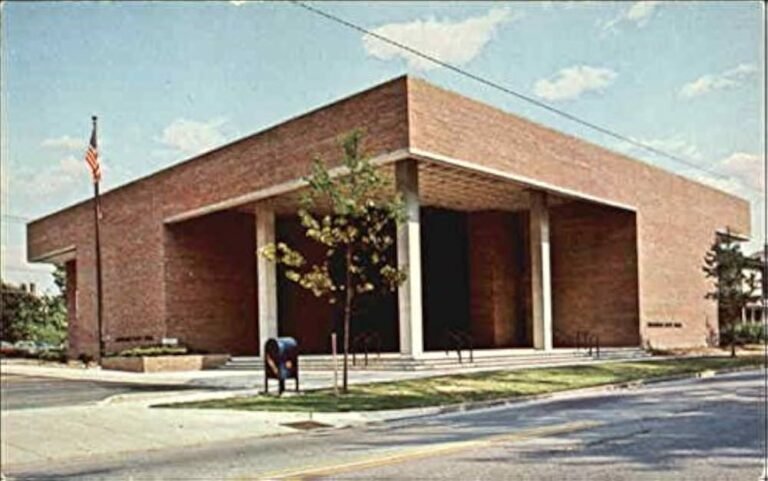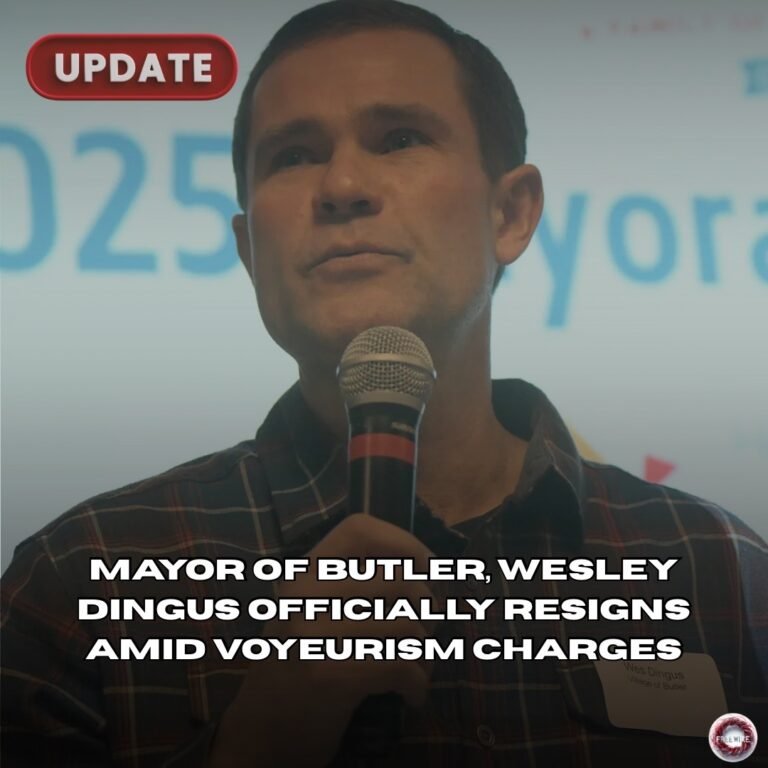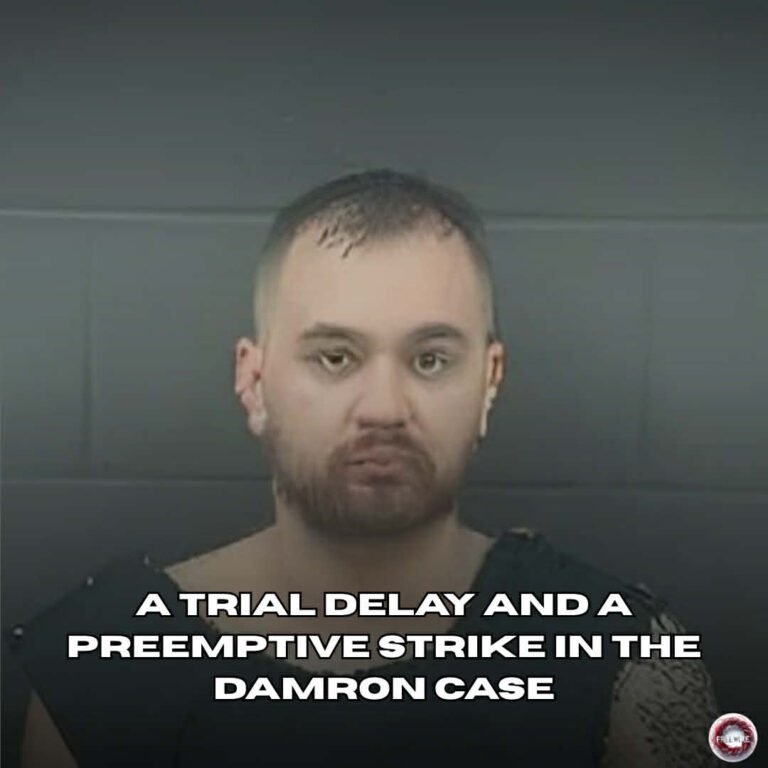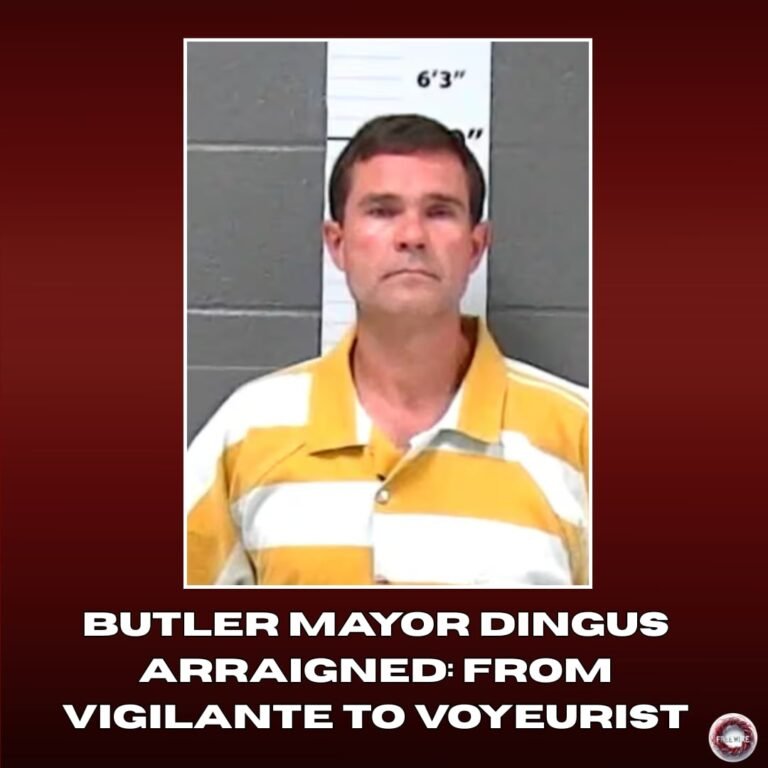By Logan Andrew | FreeWire Magazine — Your News, Your Voice
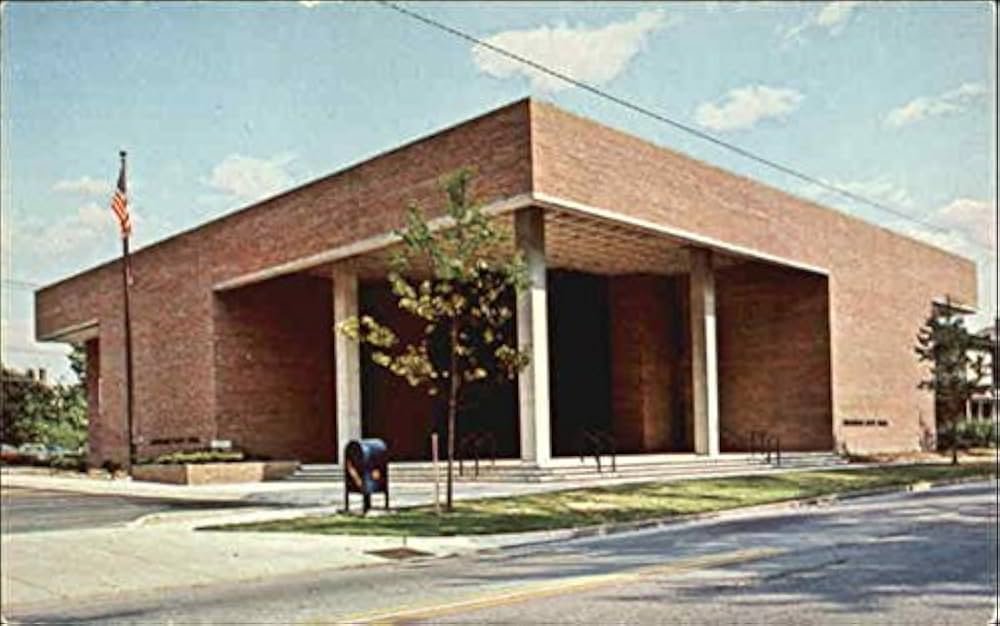
Bucyrus City Council’s standing committees met Thursday, August 21, with a docket that ranged from platting and encroachments to a sweeping proposal for housing tax abatements. The evening highlighted both the city’s recurring struggles with process and new attempts to chart a long-term course for growth.
Platting Committee
The night began with the Platting Committee approving a resolution for Columbia Gas to enter into an encroachment agreement. Discussion briefly touched on lingering open projects, including the Pleasant Hill Drive alley vacation and recent board appointments, though members agreed to keep most items in place until follow-up could be confirmed. The meeting adjourned in short order.
Public Lands & Buildings
Chaired by C. Aaron Sharrock, the committee heard from resident and at-large council candidate Ray Thitoff, who asked about progress on the Miller walking trail. Updates indicated the project should be ready to go out for bid within weeks. Members also noted that their open projects list needs updating, as completed items remain listed. With little else on the agenda, the meeting was quickly adjourned.
Health & Safety Committee
Chaired by Vicki DeShon, the Health & Safety Committee drew the most debate of the evening.
Property Maintenance Appeals Board:
Resident Bill Stuckert outlined concerns about the city’s handling of appointments to the Property Maintenance Appeals Board. He reminded the committee that alternates such as Ed McCarthy were never formally removed, and argued against allowing one person — currently the council president — to unilaterally control appointments. Stuckert warned that concentrating authority invites a “buddy system” that undermines public trust.
Adam Frizzell again pointed out that under city code, the council president only appoints legislative committees and commissions, not administrative boards like the Property Maintenance Appeals Board. Frizzell argued that the “chief appointing authority” is the mayor, a distinction he has stressed multiple times in recent months.
Communications Policy:
Councilwoman Clarissa Slater urged the city to adopt a unified communications policy, citing inconsistent and sometimes conflicting messaging on water main breaks, personnel changes, and other public notices. Slater proposed a system where drafts are reviewed for accuracy and legality before release, ensuring one consistent voice for the city. Committee members debated whether to legislate the policy or allow the administration to draft it first. They ultimately agreed to let the administration take the lead, with council to codify the policy later if necessary.
Other items:
- The committee discussed a request for “Deaf Child at Play” signage, though ODOT does not recognize such signs. Members weighed liability concerns and whether residents could fund signs themselves.
- Ongoing frustrations with solicitors, particularly Omni Fiber representatives, resurfaced, with legislation still pending to regulate door-to-door sales.
- Food truck licensing was also raised, with residents arguing that adopting Ohio’s fire code standards would have resolved the matter months ago.
Service Committee
Chris Mauritz chaired a brief Service Committee meeting. With no public participation and no new projects to review, the committee adjourned after only a minute of business.
Economic Development Committee
The most forward-looking discussion of the evening came from Councilwoman Clarissa Slater, who presented a draft residential tax abatement plan. Slater argued Bucyrus must address its declining housing stock and population loss by incentivizing major repairs and new construction.
Her plan includes:
- Renovation abatements for homeowners who invest at least $25,000 or 20% of their property’s value into major structural repairs. Tax increases resulting from those improvements would be forgiven for 10 years.
- New construction incentives granting 100% abatements for up to 5 years (tapering thereafter), particularly on vacant or blighted lots.
- Targeted revitalization zones where neighborhoods suffering visible decline could be prioritized for relief.
Slater emphasized that her approach differs from past abatement debates, focusing on residential renewal rather than broad corporate breaks. She positioned the plan as a way to retain families, attract newcomers, and prevent neighborhood decline from dragging down the city’s overall housing values.
Finance Committee
Closing out the evening, City Auditor Kali Lewis delivered her July financial report. The numbers suggested that a $300,000 budget deficit repeatedly cited by Council President Kurt Fankhauser had largely been resolved. Despite the improved outlook, Fankhauser again pressed for outsourcing income tax collection to RITA — even while insisting he supports the city tax office “for now.”
Closing Thoughts
Taken together, the committee meetings showed a city still wrestling with internal disputes and procedural bottlenecks, yet also exploring meaningful reforms. From Slater’s push to modernize Bucyrus housing to Lewis’s encouraging fiscal report, the night reflected both the risks and opportunities before council. While divisions remain sharp, particularly on appointments and communication, Thursday’s discussions made clear that Bucyrus leaders know the stakes: stabilizing the city’s finances, restoring public trust, and laying the groundwork for growth.














